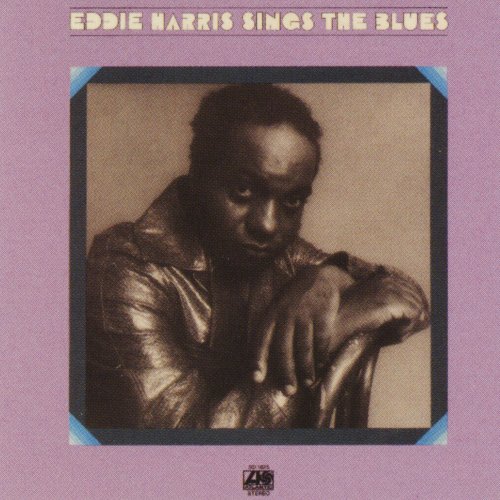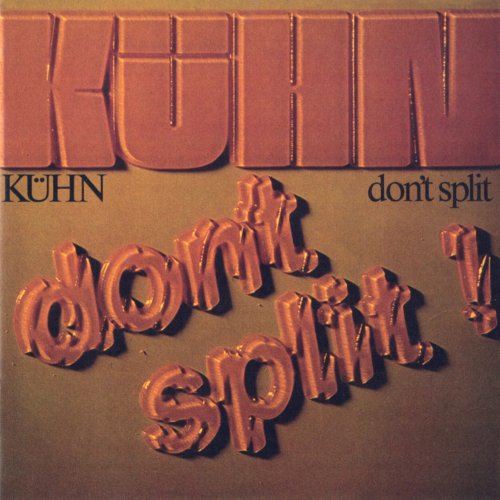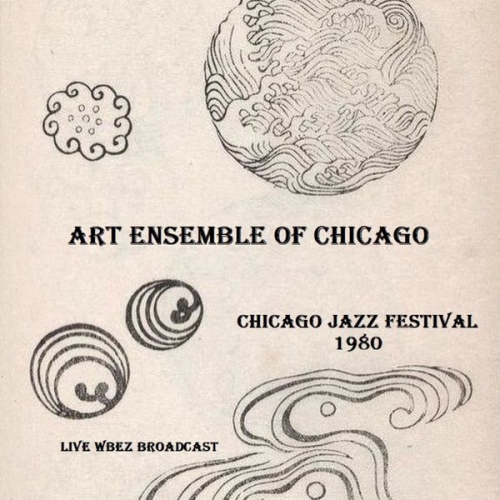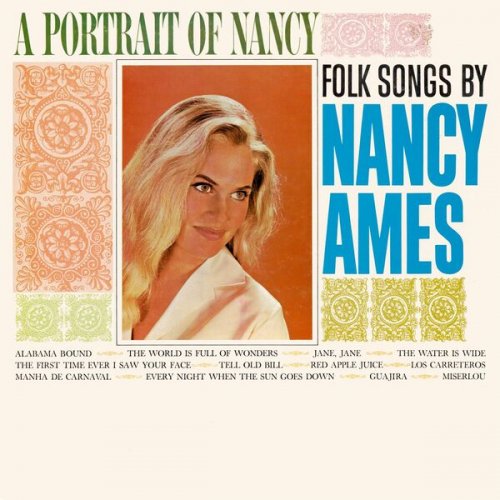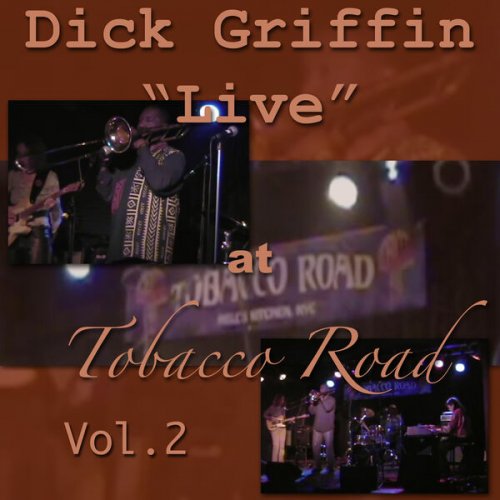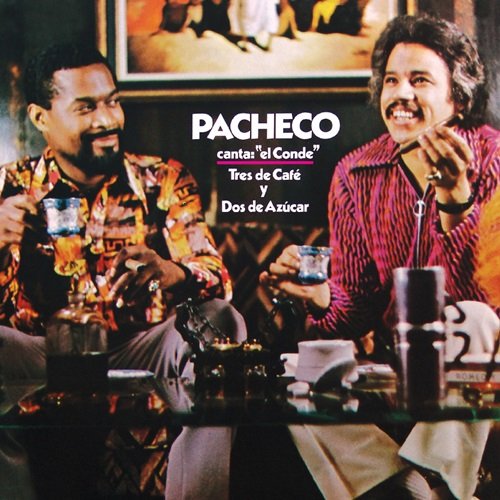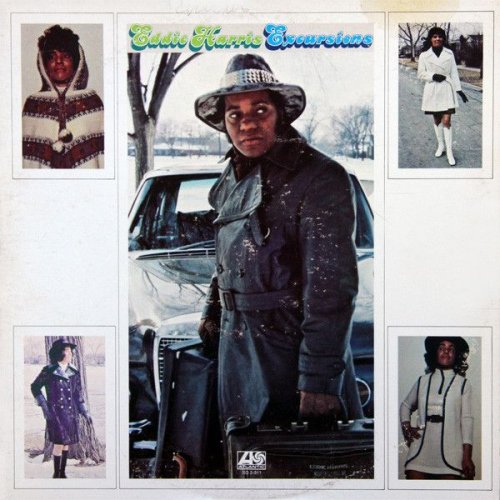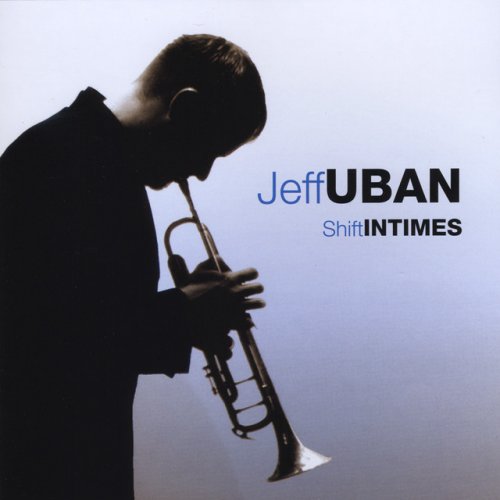Emma Curtis, The Frolick - Calliope: Volume The First - English Songbooks of the 1700s (2006)
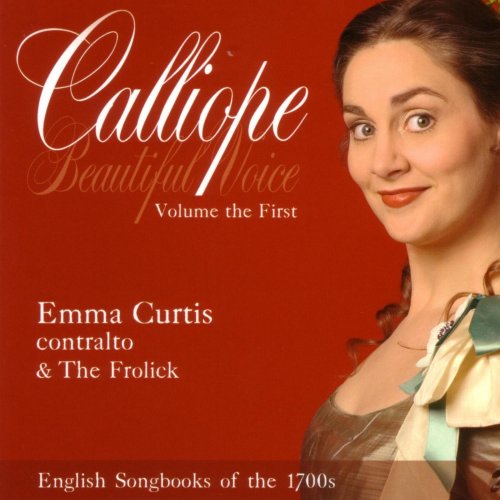
Artist: Emma Curtis, The Frolick
Title: Calliope: Volume The First - English Songbooks of the 1700s
Year Of Release: 2006
Label: Avie
Genre: Classical
Quality: FLAC (tracks)
Total Time: 02:26:28
Total Size: 649 Mb
WebSite: Album Preview
Tracklist: Title: Calliope: Volume The First - English Songbooks of the 1700s
Year Of Release: 2006
Label: Avie
Genre: Classical
Quality: FLAC (tracks)
Total Time: 02:26:28
Total Size: 649 Mb
WebSite: Album Preview
CD 1
Cupid and Venus (Anonyme)
1 Cupid and Venus 02:36
Celia has a thousand Charms (Henry Purcell)
2 Celia has a thousand Charms 04:57
The Supplication Divinest (Henry Carey)
3 The Supplication 01:31
A New Song (Anonyme)
4 A New Song 02:13
A Dialogue between Punch & Columbine (Georg Friedrich Händel)
5 A Dialogue between Punch & Columbine 03:42
The forsaken Nymph (Henry Holcombe)
6 The Forshaken Nymph 06:49
A favourite Aire in Ariadne (Georg Friedrich Händel)
7 A favourite Aire in Ariadne 02:20
The Coquet (John Frederick Lampe)
8 The Coquet 01:43
A Song to a Favourite Minuet of Geminiani’s (Francesco Geminiani)
9 A Song to a Favourite Minuet of Geminiani's 01:07
The Country Girl’s Farewel (Anonyme)
10 The Country Girl's Farewel 03:06
A favourite Aire in Alcina (Georg Friedrich Händel)
11 A favourite Aire in Alcina 02:09
The Early Horn (John Ernst Galliard)
12 The Early Horn 04:59
Dying Swan (George Monro)
13 Dying Swan 03:29
The Charmer (Giovanni Battista Pescetti)
14 The Charmer 02:20
The Syren of the Stage (Henry Holcombe)
15 The Syren of the Stage 02:40
Sad Musidora (Henry Carey)
16 Sad Musidora 01:55
The Dying Nymph (John Frederick Lampe)
17 The Dying Nymph 02:31
Down the Burn Davie (Anonyme)
18 Down the Burn Davie 05:17
The Miller of Mansfield (Thomas Arne)
19 The Miller of Mansfield 02:41
The Coquet (John Vanbrugh)
20 The Coquet 01:37
The Forsaken Maid (Anonyme)
21 The Forsaken Maid 03:42
On Zelinda (Anonyme)
22 On Zelinda 01:48
The Fly (Maurice Greene)
23 The Fly 00:46
My Jolly Companion (David Digard)
24 My Jolly Companion 01:47
Solitary Lover (John Frederick Lampe)
25 Solitary Lover 05:25
CD 2
Oft on the Troubled Ocean (John Ernst Galliard)
1 Oft on the Troubled Ocean 02:09
The Melancholy Nymph (Georg Friedrich Händel)
2 The Melancholly Nymph 03:32
The Lady’s Lamentation for the Loss of Senesino (Henry Carey)
3 The Lady's Lamentation for the Loss of Senesino 06:08
The Wandring Lover (John Frederick Lampe)
4 The Wand'ring Lover 03:24
Linco’s Advice to Damon (Anonyme)
5 Linco's Advice to Damon 01:44
Gen’rous Love (Henry Carey)
6 Gen'rous Love 01:47
The Midsummer Wish (Henry Carey)
7 The Midsummer Wish 04:13
A New Cantata (Seignr Anglosini)
8 A New Cantata 02:10
The Apology (Anonyme)
9 The Apology 02:53
Corn Riggs are Bonny (Allan Ramsay)
10 Corn Riggs are Bonny 02:30
A Pastoral (Henry Carey)
11 A Pastoral 01:26
The Maid’s Husband (Henry Carey)
12 The Maid's Husband 02:03
The Plain Dealer (Johann Friedrich Lampe)
13 The Plain Dealer 02:33
The Generous Confession (David Digard)
14 The Generous Confession 04:18
The Despairing Lover (Anonyme)
15 The Despairing Lover 02:19
Stand by! Clear the way! (Henry Carey)
16 Stand by! Clear the way! 01:38
True Love (Maurice Green)
17 True Love 03:30
The Address to Sleep (Jonathan Martin)
18 The Address to Sleep 02:19
England’s Lamentation for the loss of Farinelli (Henry Burgess)
19 England's Lamentation for the Loss of Farinelli 03:39
On Gallant Moor of Moorhall (Johann Friedrich Lampe)
20 On Gallant Moor of Moorhall 01:46
Dumbarton’s Drums (Anonyme)
21 Dumbarton's Drums 02:34
A Song (Henry Carey)
22 A Song 02:34
The Maid’s Request (John Frederick Lampe)
23 The Maid's Request 01:57
The Modest Petition (William Boyce)
24 The Modest Petition 01:32
The Flea (Maurice Green)
25 The Flea 01:17
The Thirsty Toper (Anonyme)
26 The Thirsty Toper 04:21
The Praise of Bacchus (Arcangelo Corelli)
27 The Praise of Bacchus 03:02
Performers:
Emma Curtis (contralto)
The Frolick
The music on this two-disc set can fairly be said to represent the taste of the average London entertainment consumer in the middle of the eighteenth century. All of it is taken from a songbook called Calliope, published in 1739; English contralto Emma Curtis devised the whole concept, sings songs from both female and male perspectives, is shown in the 80-page booklet in an entertaining variety of period costumes, and wrote all the booklet notes herself. The song texts and the main body of the booklet are translated into French and German, but Curtis' individual notes to each song are not -- and it's here that the real fun begins. Curtis is the type of presenter who overflows with both knowledge and enthusiasm for her subject, and she is extraordinarily successful here in taking the listener into the world she knows. These songs might be called semi-popular. Composers like Handel and Purcell share the book's pages with Henry Carey, John Frederick Lampe, and the famed Anonymous. Many of the pieces by the "name" composers are instrumental tunes to which someone later added words (an example is A Song to a Favorite Minuet of Geminiani, CD 1, track 9). Curiously the book seems not to have included anything from the top homegrown hit of the day, The Beggar's Opera, although several songs come from productions that gave it competition. Some of the songs were freestanding entities (or have come down to us as such), but most were part of stage entertainments -- songs from plays, pastoral comedies, masques, or operas, all of which had both spoken and musical aspects. Many songs' comic and melancholy takes on love wouldn't be too far out of place on today's pop charts if you replaced the kisses with sexual encounters, but others comment on the entertainment scene itself. The triumph of English over Italian music forms the subject of several songs -- the leading castrati, who fascinated female audiences, had left England by the late 1730s, and a few of these hit songs lamented their departure (The Lady's Lamentation for the Loss of Senesino, CD 2, track 3, is one). Other songs seem to adumbrate details of later popular song traditions: the country girl who puts on big-city styles in order to snag herself a prosperous husband makes several pert appearances, the Scotch songs that hit their peak a century later are already in abundance here, and even Corrina, the woman beloved of bluesmen, makes an offstage appearance. Many songs are flat-out funny; Maurice Greene's The Fly and The Flea just have to be heard to be believed. As for flies in the ointment, tracks 8 and 20 of CD 1, both called The Coquet (The Coquette) are reversed in the booklet. Other coquettes worthy of the Britney Spears of "Oops! I Did It Again" are delivered with maximum effectiveness by Curtis, who sings directly and clearly in a voice that one imagines was perfectly appropriate for the London drawing-rooms in which these songs would originally have been performed -- the voice of a young and talented stage actress, perhaps, the equivalent of the musical-theater newcomer of our own time. This is apparently the first volume of an eventual set; one awaits subsequent releases as Phyllis awaits her handsome swain -- with bated breath.
